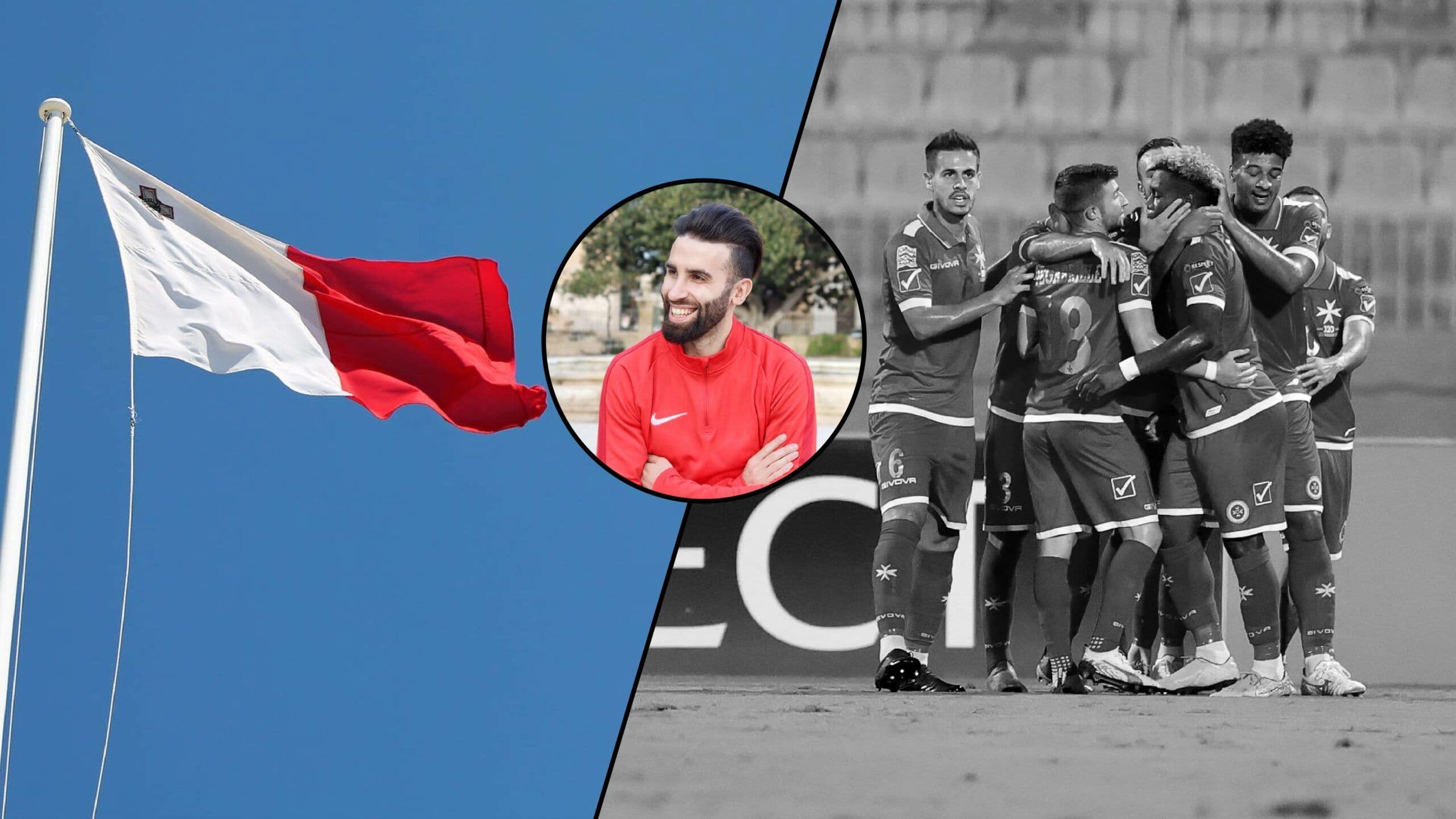GUEST POST: Sport Culture in Malta: When will it change?

Edward Falzon is a freelance writer who is passionate about sports and well-being and enjoys exploring topics around sport culture, development through sport and the importance of adhering to a balanced healthy life-style.
For a long time now, sports and physical activity have traditionally served as a global mediator. Race, religion, politics, socioeconomic status, and gender differences are all thrown out in the gutter when sport enthusiasts link up together to practice their favourite sport or unite to celebrate a victory. Sport or any type of physical activity to a certain extent, has the power to change the world. It has the power to inspire. It has the power to unite and strengthen people in the most difficult times. We are living in difficult times.
With the world riding through the challenges of the pandemic; people feeling more isolated than ever with restrictions and stay-at-home mandates in place, law regulators and medical specialists – could have seized the moment to avoid a sense of déjà vu of last year where sport was put to an abrupt end once more. We know what sport can bring to society and yet, we could not adhere to the safe practice of sport through careful planning and assessment. Forget competitive or elite sport for a minute. The necessary priority for the government should have been recreational sport and exercise and how that could have been kept operational in a safe manner.
Reliable data exists which time and time again has proved that outdoor and contact sports such as football, basketball or even swimming, are a very low risk of spreading the virus. It is also well documented that most of the transmissions take place outside of the stadiums or outdoor facilities. In the simplest of terms, if you have adequate measures in place, both competitive and recreational sport remain low risk. Transmission rate during games is very low and even if athletes were affected, while spread remains possible, the protocols put forward by various sport associations and endorsed by the health authorities meant that the domestic competitions were well positioned to resume.
Allowing sport altogether to go ahead – with protocols and necessary checks in place was a risk worth taking which the government failed to take. This was an opportunity to provide hope, to give back to society and to truly show that not all is gloom and doom. While people anxiously await the steady return of sports, its role and true meaning within society continues to pull away during these trying and challenging times. Sports are and should be more than hobbies and entertainment. They are more than an escape from reality. They are a manifest for change. A manifest to help, inspire, and educate upcoming generations.
Unfortunately, there has and probably always will be this tip-toe kind of dance around politics and crisis when it comes to sports. It is easier that way. It is easier to keep sports at the very bottom of the pile. People with power want to keep sports simply about sports and that is that, but there should also be a consciousness behind it that sports have a larger responsibility to society.
We are living in the 21st century and the mentality that sport is a hobby needs to switch and that starts with our country’s leaders being able to come together not only with a national plan, but also a way to galvanize people and the sports our society passionately craves.
#MaltaDaily
Featured Photo: Joe Ambrogio / Malta Football Association – 1500


